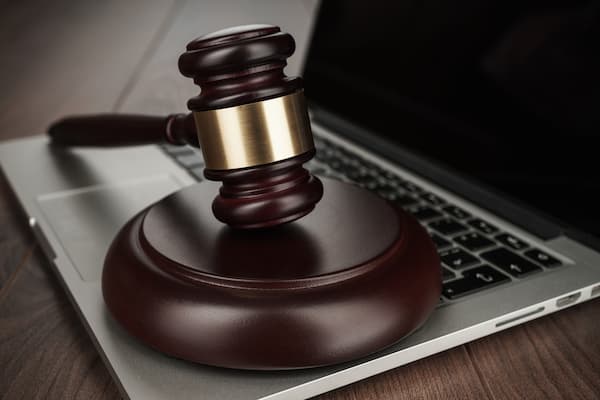The role of the court in a civil proceeding varies quite a bit from the court’s role in a criminal proceeding. For instance, civil courts do not find defendants guilty or innocent. Instead, they render judgments. A court in a debt collection case might render a judgment in favor of the plaintiff and against the defendant. And once that judgment is rendered, the court’s role changes dramatically.
It’s often suggested that courts do not get involved in civil judgment enforcement. That’s not quite true. Granted, enforcement is left up to the winning party and its attorney. In a debt collection case, that means the plaintiff is ultimately responsible for figuring out how to collect the monetary award he has won. But the court does not step out of the picture completely.
Salt Lake City’s Judgment Collectors say there are cases when the court must get involved in enforcement. The court’s role in such scenarios may or may not involve an actual judge and a hearing. Court involvement sometimes is merely administrative.
There May Be an Appeal
A judgment is not necessarily a done deal as soon as the judge’s gavel falls. To be official, it must be entered into the court record by the clerk. That could take anywhere for a few hours to a couple of days. Afterward, defendants generally have a set amount of time to appeal. An appeal brings the court back in to look at the case a second time.
Gathering Debtor Information
Assuming no successful appeal, the plaintiff – a.k.a. the judgment creditor – begins the process of gathering debtor information regarding assets, income, and so forth. There are two ways to do this, based on state law:
- Interrogatories – Interrogatories are essentially a list of written questions submitted to the judgment debtor by way of the creditor’s attorney. The debtor is expected to answer the questions honestly and in a timely manner.
- Debtor’s Examination – A debtor’s examination is a court hearing during which the judgment debtor is required to disclose relevant information about his financial situation.
A court may get involved in interrogatories when a debtor fails to cooperate. How so? By issuing a bench warrant that compels the local sheriff to arrest the debtor and forcibly bring him to court for questioning. As for the debtor’s examination, the mere fact that it is a court proceeding means the court is involved.

Wage and Bank Account Garnishment
The court may get involved if the judgment creditor decides to pursue garnishment as a means of financial remedy. A garnishment order is furnished by the court and delivered to the local sheriff for enforcement. It may allow the creditor to garnish the debtor’s wages, his bank account, or both.
Liens and Writs of Execution
Finally, a court will have to get involved if the creditor wishes to place judgment liens on debtor property or ask for writs of execution. A judgment lien establishes the creditor’s financial interest in the attached property, preventing it from being sold or transferred without satisfying the judgment.
Meanwhile, a writ of execution is a court order authorizing the local sheriff to seize and sell certain property owned by the debtor. All proceeds from the sale go toward paying the judgment.
Although courts don’t get directly involved in collection efforts, they still play a role in moving things forward. Their role is not completely eliminated once a money judgment is rendered. And in fact, the limited role the court does play in enforcement can make the difference between successful collection and failure on the creditor’s part.

